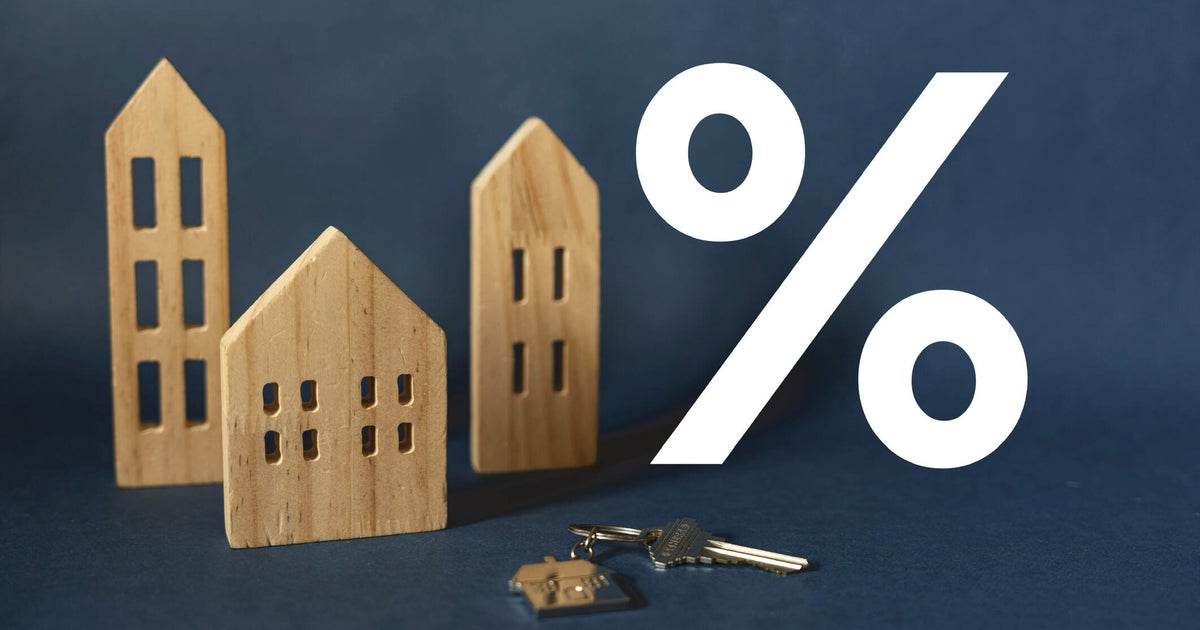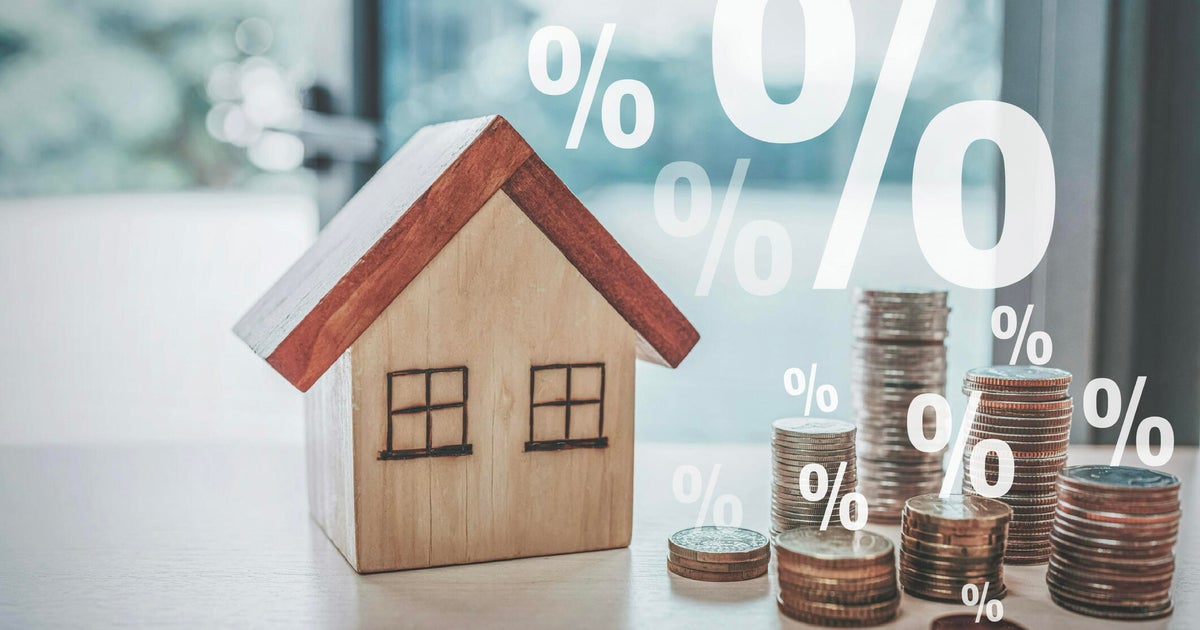401(k) loans vs. HELOCs: Which is the better option right now?
If you need to borrow money, two popular options to consider are 401(k) loans and home equity lines of credit (HELOCs). These loans are secured — one by your retirement account and the other by your home — and are both low-cost alternatives to credit cards and personal loans. But which is better?
As with most financial products, 401(k) loans and HELOCs both have their own pros and cons. Though a HELOC may be better in some situations, a 401(k) loan could work better in others.
Learn more about your HELOC options today.
401(k) loans vs. HELOCs: Which is the better option right now?
Aside from a 401(k) loan being backed by your retirement savings while a HELOC is backed by your home, there are significant differences between these two types of loans:
- Borrowing amounts: According to the IRS, you can borrow up to the lesser of 50% of your 401(k) savings or $50,000 with a 401(k) loan. You may typically access up to 80% of your home's equity with a HELOC, though it depends on the lender.
- Credit requirements: You'll typically go through a credit check and be required to meet credit requirements to borrow with a HELOC — but that's not usually the case when you borrow against your 401(k).
- Speed: 401(k) loans typically give you quick access to the funds you need. It can take anywhere from a couple of weeks to a month or more to access funds with a HELOC.
- Cost: The interest on a 401(k) loan is often paid back into your retirement fund, though you'll usually have to pay an origination fee as well as maintenance fees to access and maintain the loan. HELOC interest is paid to the loan provider alongside any fees associated with the loan.
- Your retirement: A loan against your retirement savings can significantly hinder the growth of your account. A HELOC has no impact on your retirement savings.
- Repayment periods: You must repay 401(k) loans within five years while you may have decades to pay off your HELOC. Moreover, if you leave your current job with an outstanding 401(k) loan, you may be required to repay the total balance of the loan or face early withdrawal penalties.
So, which is the better option?
Get the money you need with a HELOC now.
When a HELOC makes more sense than a 401(k) loan
HELOCs and 401(k) loans "are two very different types of loans," says John Dustman, SVP, head of consumer lending and advisor banking at Axos Bank. "I prefer a HELOC over a 401K loan, but consumer preferences can vary depending on borrowing needs, availability of credit, homeownership status and overall financial goals."
"A 401K loan can have a high opportunity cost since the loan can have a material impact on the future value of retirement savings," says Dustman. That's because "the proceeds for the loan are not invested while borrowed. In other words, a consumer who borrows money from a 401K today liquidates the securities from the plan for the proceeds of the loan and then repurchases shares of the security (or an alternative) as the loan is repaid."
"Unless the market value of the security stays flat or declines during the full duration of the loan, the consumer will end up repurchasing the securities used for the loan at a higher price than the price at the time of the loan," Dustman says.
So what happens if you change jobs while a 401(k) loan is outstanding?
"This depends on the plan but generally, the full amount is due immediately. Any proceeds not repaid is considered income and subject to early withdraw penalties and is considered taxable income," Dustman says.
When a 401(k) loan makes more sense than a HELOC
"In my opinion, the 401(k) loan is better in that you are borrowing from yourself and not creating another real estate backed loan," says Mark Charnet, founder and CEO of American Prosperity Group. "In some situations, any loan interest paid goes back into the 401(k) and is not lost to a lender."
"If you qualify, the HELOC is always available in the future and in most cases, in addition to the 401(k) loan," Charnet says. "The rate to borrow from the 401(k) should also be less than a traditional HELOC loan, too," Charnet says.
"In most cases, the 401(k) loan will not show up on your credit report, where a HELOC will always show up as an outstanding loan and be registered against your home and on your credit profile," says Charnet.
Moreover, it may be more difficult to get a HELOC than a 401(k) loan.
"There should be no qualifications to borrow from your 401(K), but there certainly are qualifications and an approval process or committee with any HELOC application," says Charnet.
Regardless of which option you choose, be careful with the loans that are available to you, says Charnet.
"It is not free money and the ramifications to leveraging your future financial scenario may be great."
Find out how much money you can access with a HELOC today.
The bottom line
Whether a HELOC or 401(k) loan is the better option for you depends on a number of factors. For example, if you need a large sum of money you can pay back over a long time, a HELOC may be the better option. On the other hand, you generally need at least 20% equity in your home to access a HELOC. If that's not the case, a 401(k) loan may be better for you. If you're still unsure of which is better in your situation, consider reaching out to a financial advisor to discuss your options.




